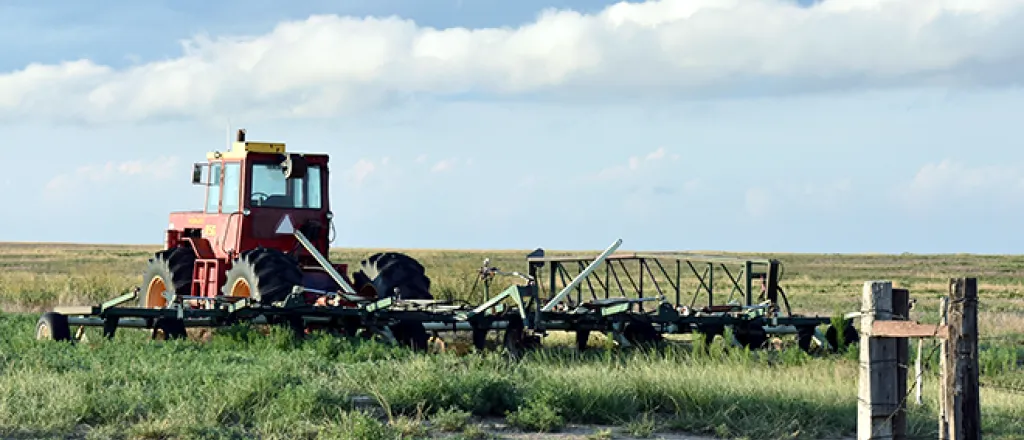
Colorado farmers brace for new round of Trump tariffs
Click play to listen to this article.
President Donald Trump is set to impose sweeping global tariffs this week, a move expected to spark retaliation against a range of American products including food.
Tad DeHaven, policy analyst at the libertarian think tank the Cato Institute, said farmers in Colorado and across the U.S. who endured losses during Trump's first-term tariffs are again facing uncertainty.

U.S. President Donald Trump. FlickrCC - Gage Skidmore
"What's frustrating to me is that taxpayers end up footing the bill," DeHaven pointed out. "Last time around, it cost taxpayers $23 billion in farm bailouts, and I think it looks like we're headed down that road again."
Trump said tariffs, which are taxes on imports mostly paid for by U.S. consumers, will compel companies outsourcing labor to places like China to move their operations back to the U.S. Trump has also floated the idea of replacing income taxes with tariffs in what would amount to a national sales tax.
DeHaven believes Trump's tariff strategy will backfire.
"The administration talks about shrinking government and cutting waste," DeHaven observed. "But I'd argue these trade wars create exactly the opposite: more bailouts, more government spending and more taxpayer-funded damage control."
Republicans in Congress have proposed $230 billion in cuts to ag funding, mostly from SNAP, formerly food stamps. But a recent poll found 60 percent of Trump voters said cutting SNAP is unacceptable. Trump has also canceled $13 million in funding for Colorado food banks and schools to buy food from local producers.
DeHaven added many U.S. farmers still have not recovered from Trump's first-term tariffs.
"You have to feel bad for farmers, they're getting squeezed from both ends," DeHaven emphasized. "Not only are they losing foreign markets but they are also seeing higher costs at home for essentials like equipment and fertilizer, all thanks to tariffs."

















